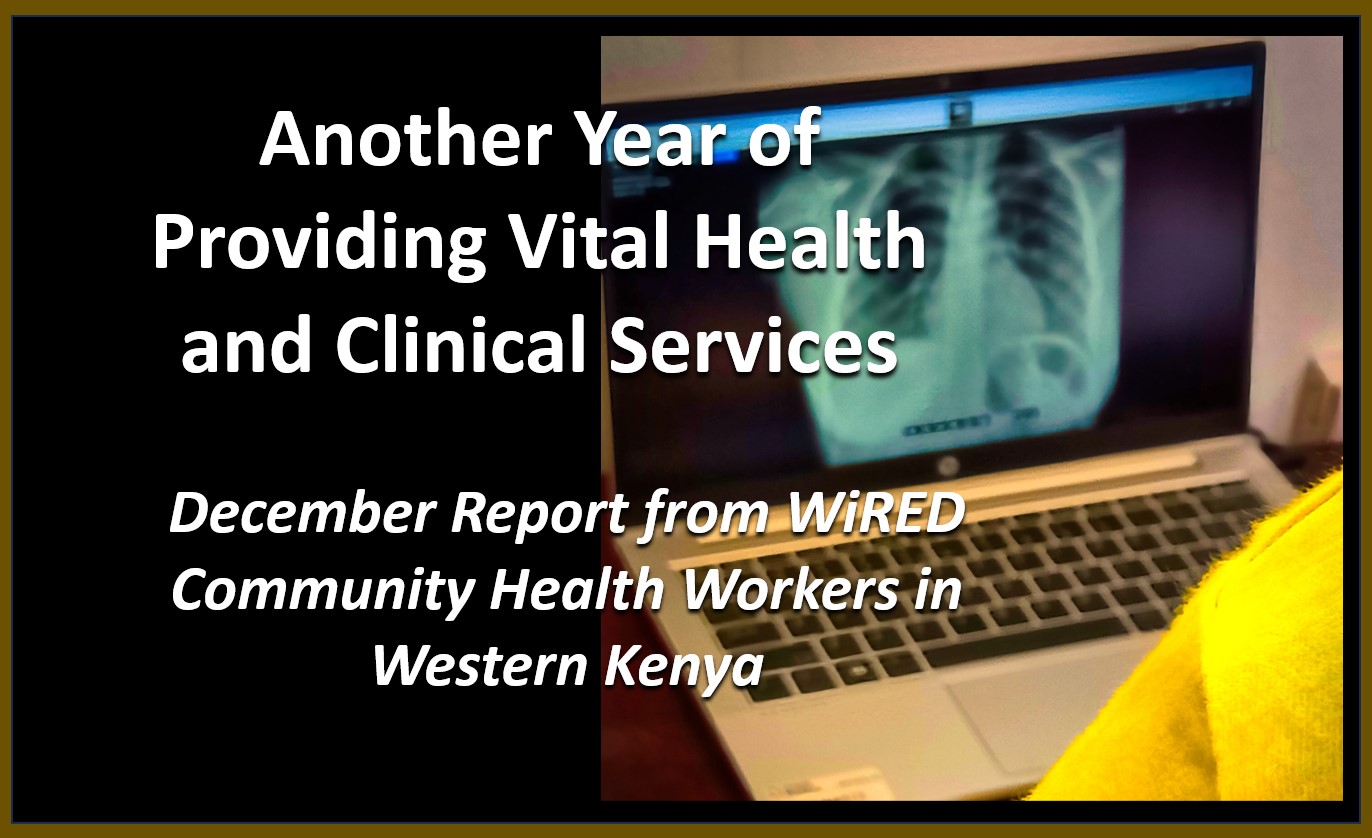By Allison Kozicharow; Edited by Elizabeth Fine
WiRED International’s team of community health workers (CHWs) in western Kenya have come a long, remarkable way since they were first trained in 2020 just when the covid-19 pandemic went global.
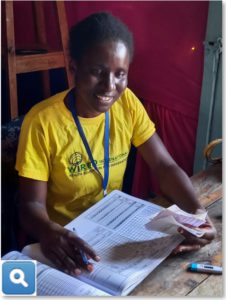 During July 2020 WiRED’s paraprofessional team sent their first deployment account and reported that they served 3,360 people with health issues. In December 2024 the tally tripled to 9,744, which is about their monthly average.
During July 2020 WiRED’s paraprofessional team sent their first deployment account and reported that they served 3,360 people with health issues. In December 2024 the tally tripled to 9,744, which is about their monthly average.
In four years WiRED CHWs, living in the local community where they serve, are now:
- Trusted go-to sources for health advice, and general screening that can lead CHWs to direct patients for higher level care.
- A vital force to bridge the gap where doctors and hospitals are rare and nonexistent,
- Protectors of their community through teaching prevention and healthy practices, measuring vital signs and performing clinical testing for tuberculosis, HIV/AIDS and diabetes.
 An ever-increasing font of knowledge thanks to WiRED’s mandatory Continuing Medical Education program,
An ever-increasing font of knowledge thanks to WiRED’s mandatory Continuing Medical Education program,- Users of WiRED’s just released cutting-edge phone app, which connects them to WiRED’s 400+ library of training modules.
In December WiRED CHWs tackled many of the same infectious and noncommunicable diseases as in any month, but malaria hit #1 as the most reported health issue. Sadly, malaria is endemic to their community and can be fatal if undiagnosed and treated. The following are stories that illustrate how our CHWs dealt with malaria cases this month.
Spotting a Case of Malaria
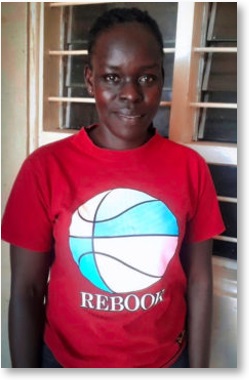 After teaching a health education class, I came across a teenage mother trying to cool her baby’s temperature with cold water. I took her aside and talked to her. I explained the symptoms of malaria, mode of transmission and methods of treatment. Then I referred her and her baby to the nearest health facility for her infant to be diagnosed further. I followed up two days later and learned that her baby was tested and treated for malaria. The mother was very grateful for the good that we are doing as WiRED CHWs.
After teaching a health education class, I came across a teenage mother trying to cool her baby’s temperature with cold water. I took her aside and talked to her. I explained the symptoms of malaria, mode of transmission and methods of treatment. Then I referred her and her baby to the nearest health facility for her infant to be diagnosed further. I followed up two days later and learned that her baby was tested and treated for malaria. The mother was very grateful for the good that we are doing as WiRED CHWs.
— CHW Millicent Randiki
Advising Correct Treatment for Malaria
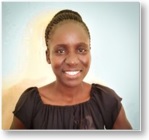 Malaria is one of the most dangerous diseases in our country and region. I met a client who had been sick from malaria for several days on and off. I talked with her and she said she had been buying drugs over the counter to take whenever she was in bad shape. Nothing helped her fever, headaches and chills. She didn’t realize that she was misusing drugs not useful to her ailment. I advised her to go to a health facility for a proper check-up. She went and to her surprise found out that she had severe malaria. She received good treatment and is now doing fine. She promised that she would only get drugs with a doctor’s prescription.
Malaria is one of the most dangerous diseases in our country and region. I met a client who had been sick from malaria for several days on and off. I talked with her and she said she had been buying drugs over the counter to take whenever she was in bad shape. Nothing helped her fever, headaches and chills. She didn’t realize that she was misusing drugs not useful to her ailment. I advised her to go to a health facility for a proper check-up. She went and to her surprise found out that she had severe malaria. She received good treatment and is now doing fine. She promised that she would only get drugs with a doctor’s prescription.
— CHW Imelda Anyango
Protecting Against Malaria
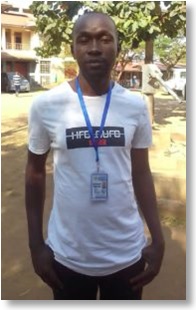 Malaria can lead to death. People most vulnerable live near lakes. They must take protective measures such as using treated mosquito nets and approved pesticides. Malaria strikes infants the most, especially when parents neglect their care. As CHWs, it is important to teach precautions in our community.
Malaria can lead to death. People most vulnerable live near lakes. They must take protective measures such as using treated mosquito nets and approved pesticides. Malaria strikes infants the most, especially when parents neglect their care. As CHWs, it is important to teach precautions in our community.
— CHW Zachary Omondi
Teaching Malaria Prevention
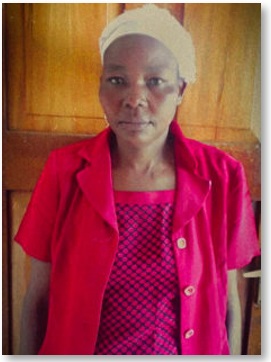 During my field work I met a man who had a bout with malaria. He was not aware of any methods to prevent malaria. I explained that it is easier and cheaper to prevent the disease than treat it. I educated him about various precautions such as cleaning out his compound, burning bushes, sleeping under nets, draining stagnant water and using mosquito repellants. The man was very happy and is now practicing preventive procedures.
During my field work I met a man who had a bout with malaria. He was not aware of any methods to prevent malaria. I explained that it is easier and cheaper to prevent the disease than treat it. I educated him about various precautions such as cleaning out his compound, burning bushes, sleeping under nets, draining stagnant water and using mosquito repellants. The man was very happy and is now practicing preventive procedures.
— CHW Milka Nyadiang’a
Malaria #1 Issues in December 2024
During the month of December 2024, 20 community health workers (CHWs) in Kisumu, Kenya, reached a total of 9,744 people with health services. Working 24 hours per week, each of the CHWs met with at least 28 patients a week, and the largest number seen in a week by a single CHW was 306, most of them in health training classes.
In December the top health-related issues were as follows in order of prevalence:
December the top health-related issues were as follows in order of prevalence:
- Malaria
- Mental Health
- HIV/AIDS
- Menstrual Health Hygiene
- Tuberculosis
- Cholera
- General hygiene
- First aid
- Nutrition
2024 CHW Deployment at a Glance


